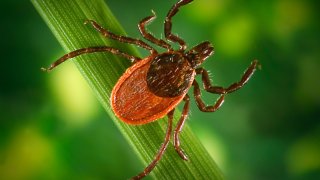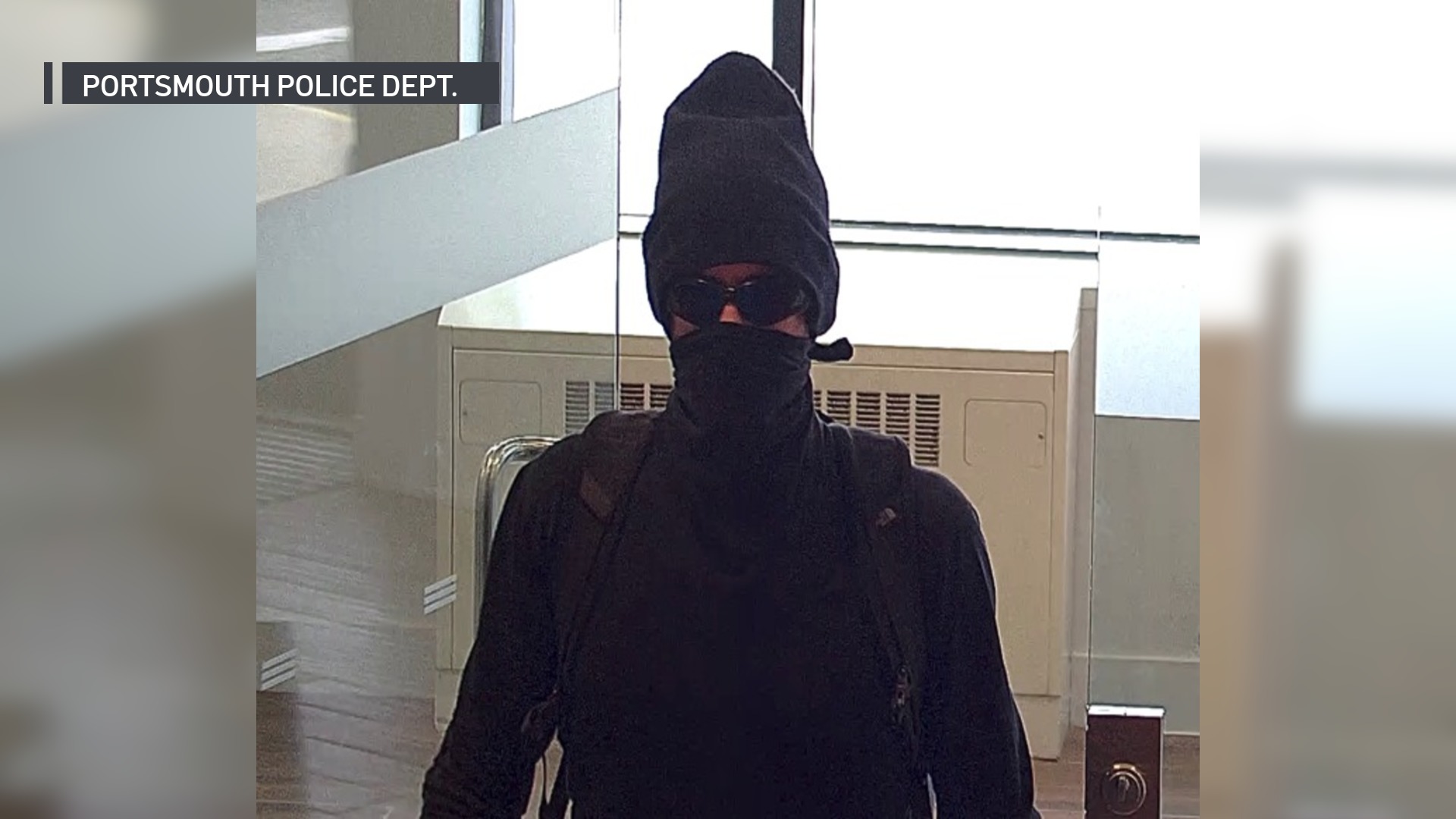
New Hampshire health officials announced two human cases of the Powassan virus and one case of the Jamestown Canyon virus on Monday, warning that the risk of tick- and mosquito-borne infections remains high even as temperatures have begun to drop across the state.
An adult in Rockingham County and a child from Carroll County were each diagnosed with Powassan virus and an adult from Hillsborough County was infected with the state's first case of Jamestown Canyon virus this year, according to the state Department of Health and Human Services' Division of Public Health Services.
“Mosquitoes will be with us until the first hard frost, and ticks remain active as long as there is no snow cover and temperatures remain above freezing,” said Ryan Tannian, chief of the Division of Public Health Services' Bureau of Infectious Disease Control. “Preventing the bites that cause illnesses transmitted by mosquitoes and ticks is a key factor in reducing the risk for illness.”
New Hampshire has identified eight cases of Powassan virus since 2013, when the disease was first detected in humans there.
Get Boston local news, weather forecasts, lifestyle and entertainment stories to your inbox. Sign up for NBC Boston’s newsletters.
This summer, 14 batches of mosquitos around the state tested positive for Jamestown Canyon virus. The state has reported a total of 13 human cases since 2018.
The Powassan virus is transmitted through the bite of the blacklegged tick. An infected tick only needs to be attached to a person for 15 minutes to transmit the virus. This is the same tick that transmits Lyme Disease, Anaplasmosis, and Babesiosis. Early symptoms can include fever, muscle aches, headaches, and fatigue. More serious central nervous system disease, including meningitis or encephalitis can also occur.
The Jamestown Canyon virus is transmitted by the bite of an infected mosquito, and symptoms of infection can include flu-like illness, fever, muscle aches, headaches, and fatigue. Individuals with Jamestown Canyon virus can progress to more serious central nervous system diseases, including meningitis or encephalitis. Other infections transmitted by mosquitos include Eastern Equine Encephalitis and West Nile Virus, which also present with symptoms similar to Jamestown Canyon virus.
There are no vaccines or anti-virus medications to treat Powassan or Jamestown Canyon virus infections, and experts say the best way to prevent illness is to avoid tick and mosquito bites.



